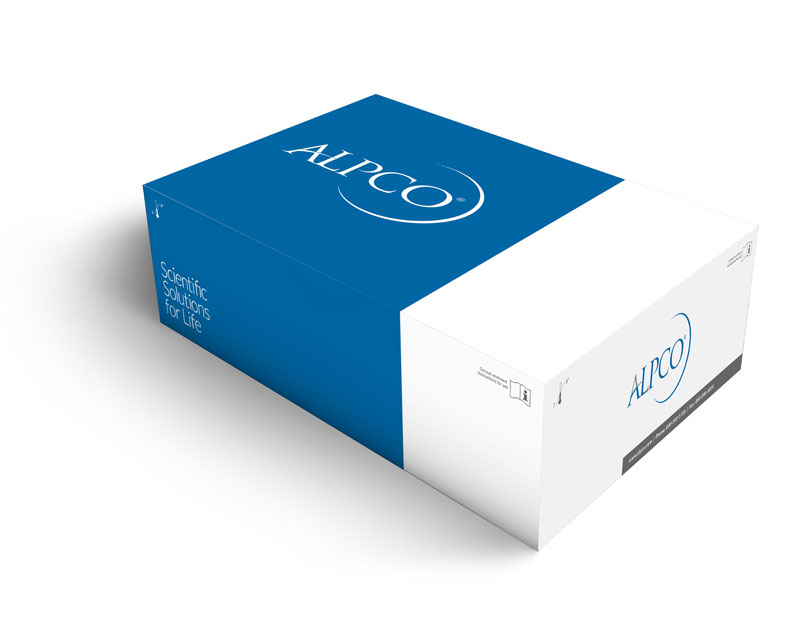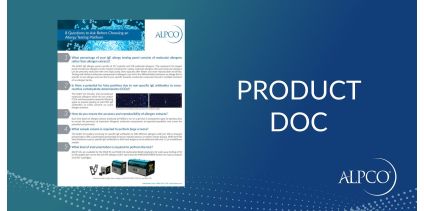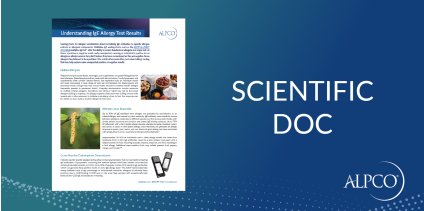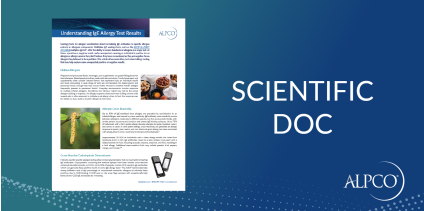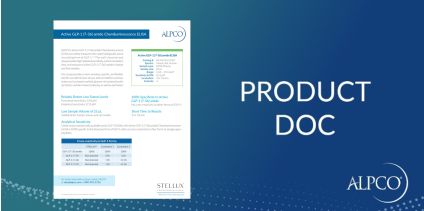Echinococcus Granulosus IgG ELISA
$359.00
Catalog
20-EGGHU-E01
The Echinococcus IgG Enzyme Immunoassay Kit provides materials for the qualitative and semiquantitative determination of IgG-class antibodies to Echinococcus in human serum and plasma. FDA Registered. For In Vitro Diagnostic Use.
Species
Human
Regulatory Status
FDA Registered. For In Vitro Diagnostic Use.
Product Distribution
Available Worldwide
Range
pos./ neg. / cut off control
Sizes
96 Wells
Sample Types
Serum
Inc Time Minute
20
Inc Time Overnight
No
Inc Time See Protocol
No
Sample Size
10
Detection
Colorimetric
Echinococci are microscopic cestodes (tapeworms) with a length of 1.4 to 6 mm which are dependenton the genus found.
• either in dogs or other canids (E. granulosus)
• or in foxes, coyotes and wolves (E. multilocularis)
Sources of infection are final hosts (i.e. dogs for E. granulosus and mainly foxes for E. multilocularis)and food contaminated with parasite eggs.After ingestion of a suitable intermediate host, the egg hatches in the small bowel and releases anoncosphere that penetrates the intestinal wall and through the circulatory system into various organswhere it develops into a cyst.
Echinococcus infections remain silent for years before the enlarging cystscause symptoms in the affected organsE. granulosus larvae (oncospheres) begin to vesiculate mainly in the liver but also in the lungs and inother organs (20%). The parasites form spherical, unilocular, fluid-filled cysts and can achievediameters between 1-15 cm.In contrast to cystic echinococcosis, E. multilocularis larvae are found almost exclusively (98%) in theliver, but secondary lesions can spread metastatically to other organs (lungs, kidneys, CNS andothers). The parasites grow infiltrative and tumor-like in the host tissue.E. granulosus occurs practically worldwideE. multilocularis occurs in the northern hemisphere, including central Europe and the northern parts ofEurope, Asia, and North America.

